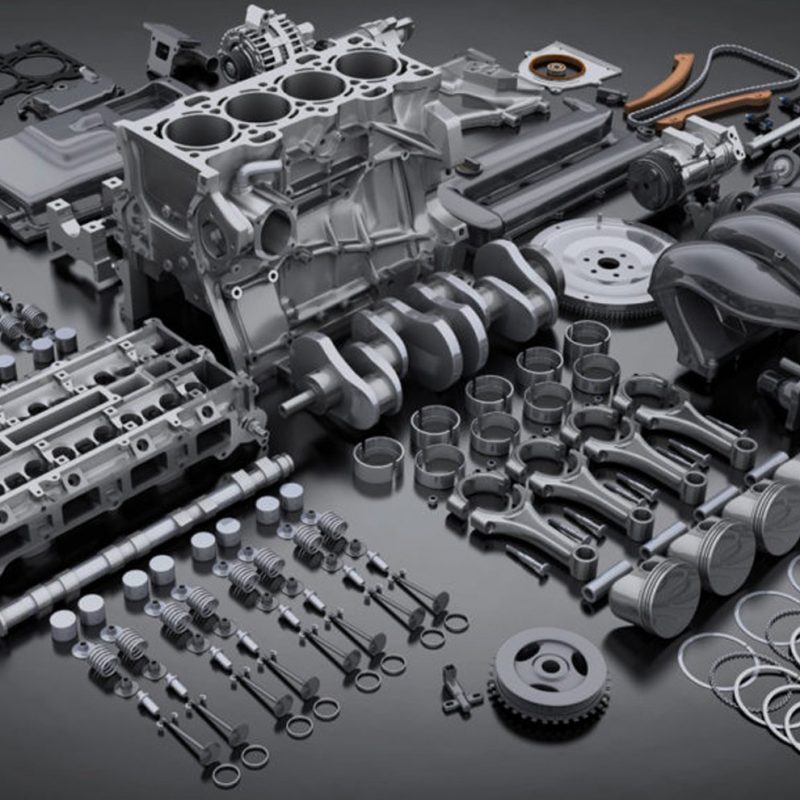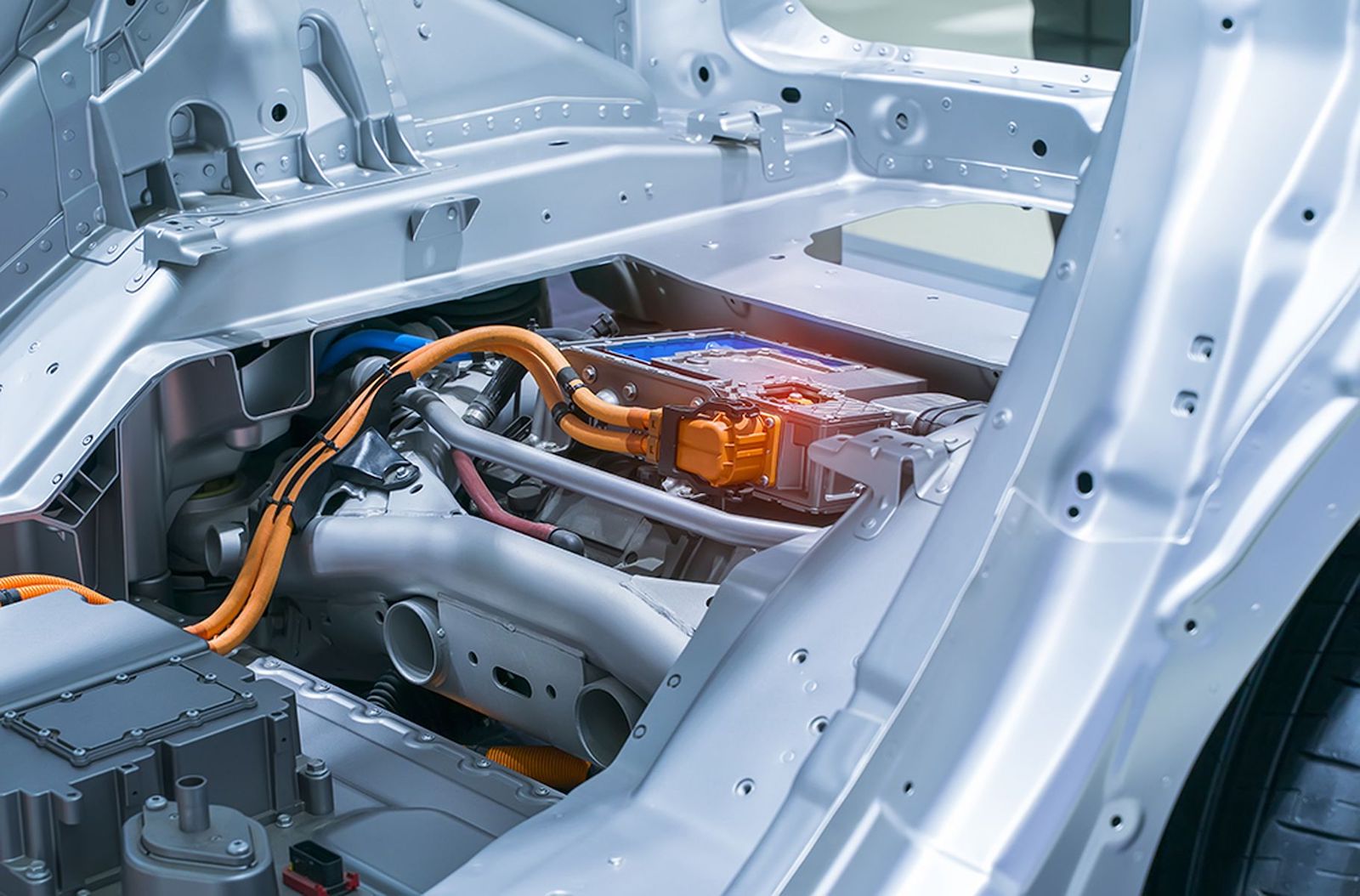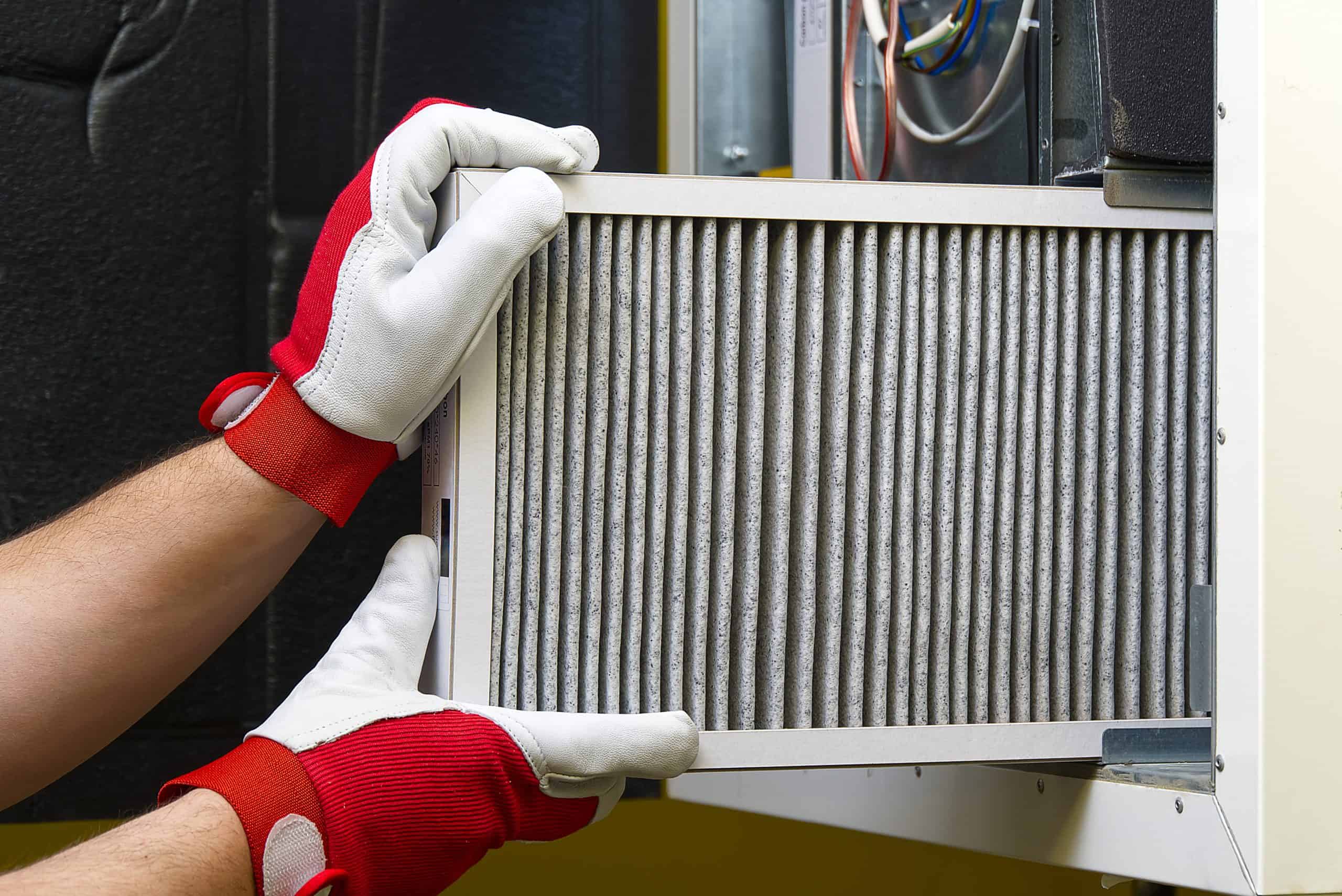The Pros and Cons of Owning a Traditional Gasoline-Powered Car
The Pros and Cons of Owning a Traditional Gasoline-Powered Car
I. Introduction
The use of traditional gasoline-powered cars has been a staple in society for many years. However, with the increasing concern about the environment and the rising cost of fossil fuels, more and more people are beginning to consider alternatives such as electric or hybrid cars. In this blog post, we will take a closer look at the pros and cons of owning a traditional gasoline-powered car. We will examine the cost, availability, and refueling of gasoline cars, as well as the environmental impact, operating costs, and dependence on fossil fuels. By the end of this post, you will have a better understanding of the benefits and drawbacks of owning a traditional gasoline-powered car and be able to make an informed decision about what type of car is best for you.
II. Pros of Owning a Traditional Gasoline-Powered Car
One of the biggest pros of owning a traditional gasoline-powered car is the cost. These cars are typically less expensive to purchase than electric or hybrid vehicles, making them a more affordable option for many people. This is especially true for those on a tight budget who may not be able to afford the higher upfront cost of an electric or hybrid car.
Another advantage of gasoline cars is their availability. Gasoline cars are widely available and easy to find, unlike electric cars which are still relatively rare. This makes them a convenient option for those who need a car right away and do not want to wait for an electric car to become available.
Refueling is also quick and easy for gasoline cars. They can be refueled at almost any gas station, making it convenient to fill up while on the go. Electric cars, on the other hand, may require a longer charging time, which can be inconvenient for those who are always on the move. This can make gasoline cars a better option for those who need a car for long distance travel or for those who don’t have access to charging stations.
III. Cons of Owning a Traditional Gasoline-Powered Car
One of the main cons of owning a traditional gasoline-powered car is the environmental impact. Gasoline cars produce emissions that contribute to air pollution and climate change. This can have a negative impact on the health of both individuals and the planet as a whole. With the increasing awareness of the need to reduce carbon emissions, gasoline cars are becoming less socially acceptable.
Another disadvantage of gasoline cars is the higher operating costs. Gasoline cars tend to have higher operating costs, including fuel, maintenance, and repairs. This can make them more expensive to own in the long run compared to electric or hybrid cars, which are known to have lower operating costs.
Additionally, gasoline cars are dependent on fossil fuels which are non-renewable and becoming more expensive. The dependence on fossil fuels also poses a security risk as it can make a country vulnerable to oil price volatility and supply disruption. The use of fossil fuels also contributes to the global warming and climate change.
Overall, owning a traditional gasoline-powered car has both benefits and drawbacks. It is important to weigh the pros and cons and consider the environmental impact, operating costs, and dependence on fossil fuels before making a decision to purchase one.
IV. Conclusion
In conclusion, owning a traditional gasoline-powered car has its advantages and disadvantages. The cost, availability and refueling of gasoline cars are some of its advantages, while the environmental impact, operating costs and dependence on fossil fuels are some of its disadvantages.
When making a decision to purchase a gasoline car, it is important to consider the environmental impact and operating costs. It is also important to consider the long-term implications of owning a gasoline car, particularly in light of the increasing concern about climate change and the need to reduce carbon emissions.
As an alternative, electric or hybrid cars are becoming more widely available and offer a number of benefits over traditional gasoline-powered cars, such as lower operating costs, zero emissions and reduced dependence on fossil fuels. While they may have a higher upfront cost, they could potentially save you money in the long run and make a positive impact on the environment.
Ultimately, the decision of what type of car to purchase is a personal one and should be based on your individual needs and priorities. It is important to weigh the pros and cons and consider all options before making a decision.
V. References
-“Electric Cars vs Gas Cars: The Pros and Cons” by EnergySage (https://www.energysage.com/electric-cars/pros-and-cons/)
-“The Pros and Cons of Gasoline Cars” by CarsGuide (https://www.carsguide.com.au/car-advice/the-pros-and-cons-of-gasoline-cars)
-“Gasoline vs Electric Cars: Which Is Better?” by Consumer Reports (https://www.consumerreports.org/electric-cars/gasoline-vs-electric-cars-which-is-better/)
-“Gasoline Cars Pros and Cons” by Green Car Reports (https://www.greencarreports.com/news/1078253_gasoline-cars-pros-and-cons)
-“The Pros and Cons of Electric Cars” by Edmunds (https://www.edmunds.com/electric-cars/pros-and-cons/)








